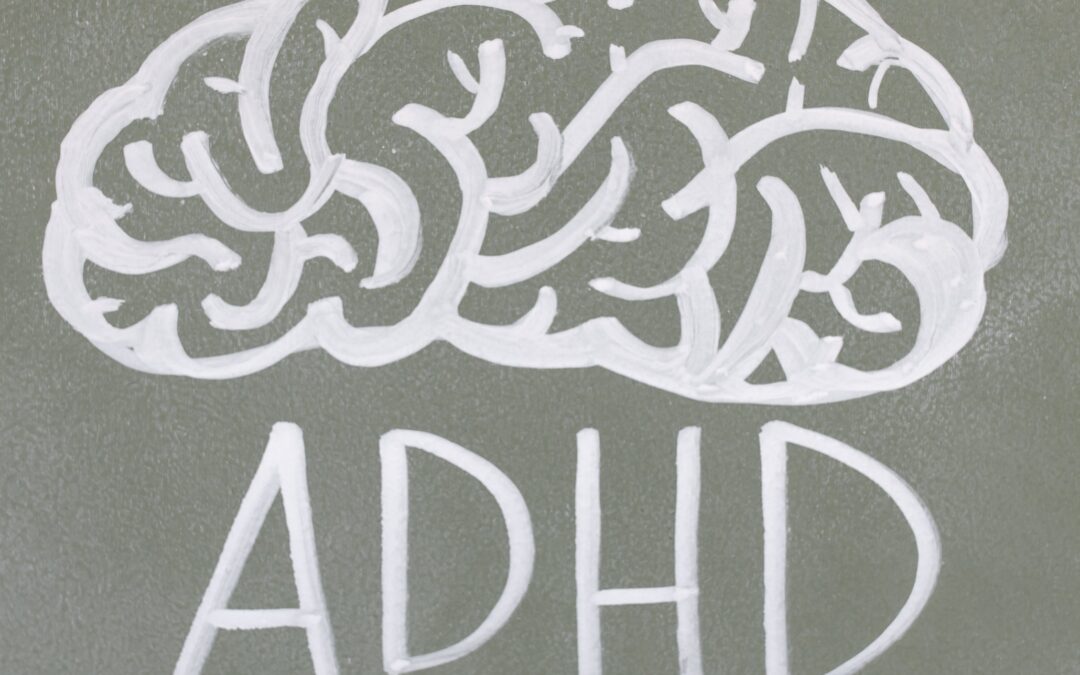Young adults with attention-deficit/hyperactivity disorder (ADHD) have an increased risk of developing substance use disorder (SUD). According to Current Psychiatry Reports, “Adolescents with ADHD, compared to peers without ADHD, have been found to be at increased risk for SUD as well as have an earlier onset and more chronic path.” In addition, unmanaged ADHD in adulthood may interfere with long-term recovery from substance use disorder. West Coast Recovery Centers uses evidence-based treatments to address co-occurring SUD and ADHD.
How Does ADHD Affect Long-Term Recovery?
ADHD is typically managed using prescription medications and psychotherapy. However, the symptoms and side effects of ADHD might still have an impact on long-term recovery. In addition, some of the medications used to treat ADHD can potentially increase the risk of relapse. Clinicians educate clients about the possible complications of ADHD medications during recovery to ensure people make educated decisions about their care. In some cases, clients are transitioned to non-stimulant medications to treat their ADHD symptoms.
A few ways ADHD may impact recovery include:
- Impulsivity can interfere with a client’s ability to follow treatment guidelines
- Difficulty maintaining focus may cause some people to feel ambivalent about treatment
- Problems regulating emotions may interfere with treatment and long-term recovery
Treatment programs at West Coast Recovery Centers address co-occurring disorders simultaneously to ensure the best possible outcome. Clients are taught to manage their symptoms and cope with potential side effects using healthy techniques, including mindfulness. Successfully managing ADHD allows clients to focus more fully on SUD treatment and recovery goals.
How Does ADHD Affect Motivation During Long-Term Recovery?
Researchers have discovered people with ADHD have a lower level of motivation compared to people who don’t have ADHD. According to Molecular Psychiatry, “ADHD is typically characterized as a disorder of inattention and hyperactivity/impulsivity but there is increasing evidence of deficits in motivation.” The impact of ADHD on the brain includes a “decreased function in the brain dopamine reward pathway in adults with ADHD.”
Substance abuse also adversely affects the brain’s dopamine reward pathway, worsening symptoms of both conditions and reducing motivation. Motivational interviewing (MI) and other forms of psychotherapy are often used to help clients overcome ambivalence and find healthy ways to increase motivation.
Does ADHD Make it Difficult to Manage Medications During Recovery?
Prescription medications and psychotherapy are used to address co-occurring ADHD during treatment for SUD. Memory, focus, and impulsivity problems are common symptoms of ADHD. Some people may have difficulty maintaining medication management during recovery without the support of a care team. Clinicians at West Coast Recovery Centers ensure clients can access the help they need to follow treatment guidelines and take medications as prescribed. The care team works closely with clients to ensure they only take essential medications to reduce the risk of complications during recovery.
Clients may find it challenging to manage medications during treatment due to the following:
- Inability to stick with a consistent schedule
- Difficulty staying on task and remembering medications
- Some side effects may cause people to stop taking medication during treatment
Symptoms and side effects of SUD may also interfere with a person’s ability to manage their medications reliably. Clients requiring prescription drugs to treat ADHD often benefit from medication management during early recovery.
How Does West Coast Recovery Centers Help People Manage ADHD During Long-Term Recovery?
ADHD is often challenging to treat alongside SUD. The goal of treatment is to make sure clients can maintain sobriety and positive mental health after treatment. Personalized care programs ensure clients learn to effectively manage their ADHD long-term. Combining multiple treatment modalities makes it easier for clients with dual diagnoses to focus on recovery. According to the American Journal of Addictions, “Although pharmacotherapy is the cornerstone of treatment for ADHD, a variety of psychosocial treatments can be employed in combination with medication to optimize the long-term management of this chronic disorder.”
People in recovery have access to the following:
- Medication management
- Mental health and addiction education
- Psychotherapy
- Peer support
- Alternative holistic therapies
Recovery programs also provide clients with a schedule to follow, reducing impulsivity in their daily lives and improving consistency in treatment.
What Are Some Ways People With ADHD Benefit From Skill Development During Treatment?
West Coast Recovery Centers offers skill development to clients in treatment for SUD. Clients learn essential life skills and healthy coping techniques to help them prepare for long-term recovery. Skill development makes it easier for clients with ADHD to stay motivated, focused, and on track to meet their recovery goals.
Long-term recovery from SUD takes time, motivation, and a willingness to actively address any co-occurring or underlying issues affecting a person’s mental health. Clinicians use evidence-based and alternative holistic therapies to help clients build the foundation for a healthier future by addressing ADHD and related issues.
Some people with ADHD worry their symptoms will negatively impact recovery from substance use disorder. Many clients with ADHD experience difficulty controlling impulsivity, regulating emotions, and maintaining focus during treatment and long-term recovery. A combination of psychotherapy and prescription medications help clients manage dual diagnosis involving SUD and ADHD. The care team works with clients to determine which symptoms and side effects of their ADHD could have the most significant impact on their ability to maintain sobriety. Clinicians collaborate with clients and their families to ensure they have the tools to establish healthy coping strategies and reduce the risk of relapse. To learn more about West Coast Recovery Centers, call our office today at (760) 492-6509.




